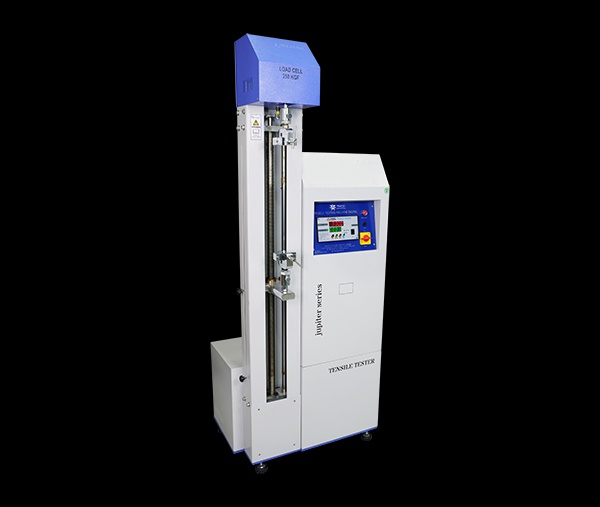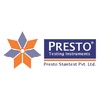A tensile strength tester, also referred to as a universal testing machine (UTM) or pull tester, is a sophisticated laboratory instrument designed to measure the mechanical properties of materials. By applying controlled forces to samples and monitoring their response, these testers provide crucial data on tensile strength and deformation behaviour until failure. Let's delve deeper into the functionality, applications, and components of tensile strength testers.Functionality of Tensile Strength Testers
Tensile strength testers operate on the principle of Constant Rate of Traverse (CRT), systematically applying tensile (pulling) forces to materials. Constructed on a sturdy base using mild steel, these testers typically feature single or dual column frames equipped with load cells, testing software, and specialised grips and accessories. During testing, the specimen is securely clamped, and the tester initiates controlled separation of the grips. As the force leads to specimen failure, the tester accurately records and displays peak values on its digital interface.
Applications of Tensile Strength Testers
Tensile strength testers find wide-ranging applications across industries, particularly in quality control, research projects, and material characterization. They are indispensable in measuring the tensile strength of various materials, including plastics, metals, and rubbers. Within the packaging industry, tensile strength testers play a vital role in assessing the performance of packaging materials under different load conditions. Moreover, these testers can perform additional tests such as compressive strength, flexural strength, bending, shear, hardness, and torsion testing, providing comprehensive mechanical property data.
Components of Tensile Strength Testers
Key components of tensile strength testers include the load cell, which accurately measures applied forces, and specialised grips and accessories tailored to specific testing requirements. Testing software enables precise control and monitoring of test parameters, ensuring reliable and repeatable results. Additionally, some testers may incorporate extensometers to measure specimen elongation during testing, enhancing accuracy in determining deformation behaviour.
Conclusion
Tensile strength testers are invaluable tools for characterising the mechanical properties of materials, offering insights into tensile strength and deformation behaviour under applied forces. Their versatility, precision, and reliability make them indispensable in various industries, from manufacturing and engineering to research and development. By providing comprehensive mechanical property data, tensile strength testers contribute to the optimization of material performance, product design, and quality assurance processes, ultimately driving innovation and competitiveness in the marketplace.


No comments yet